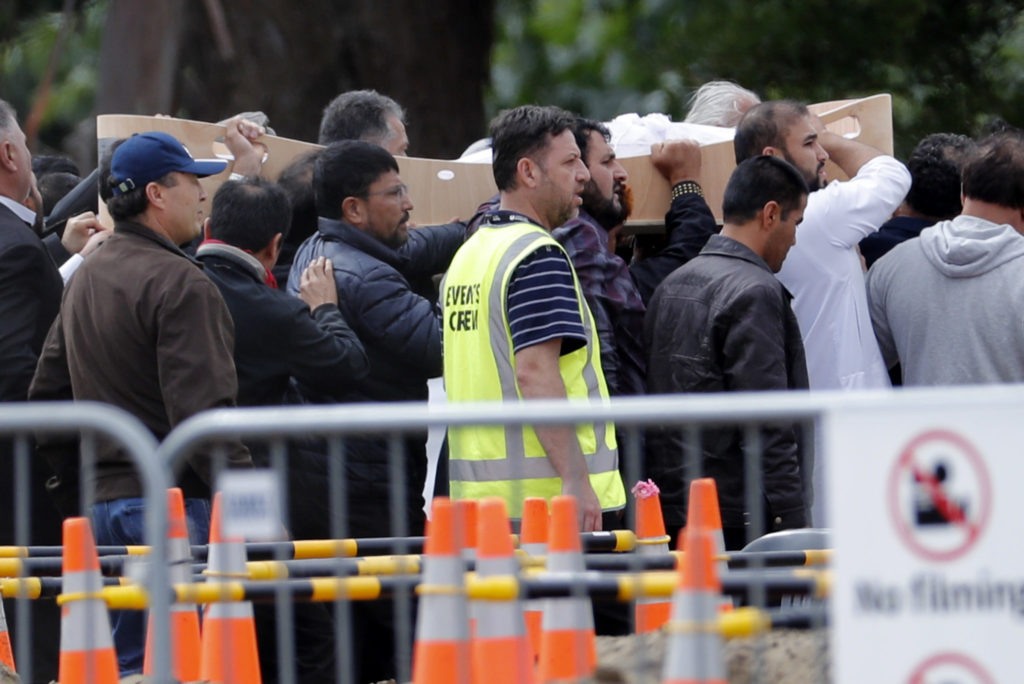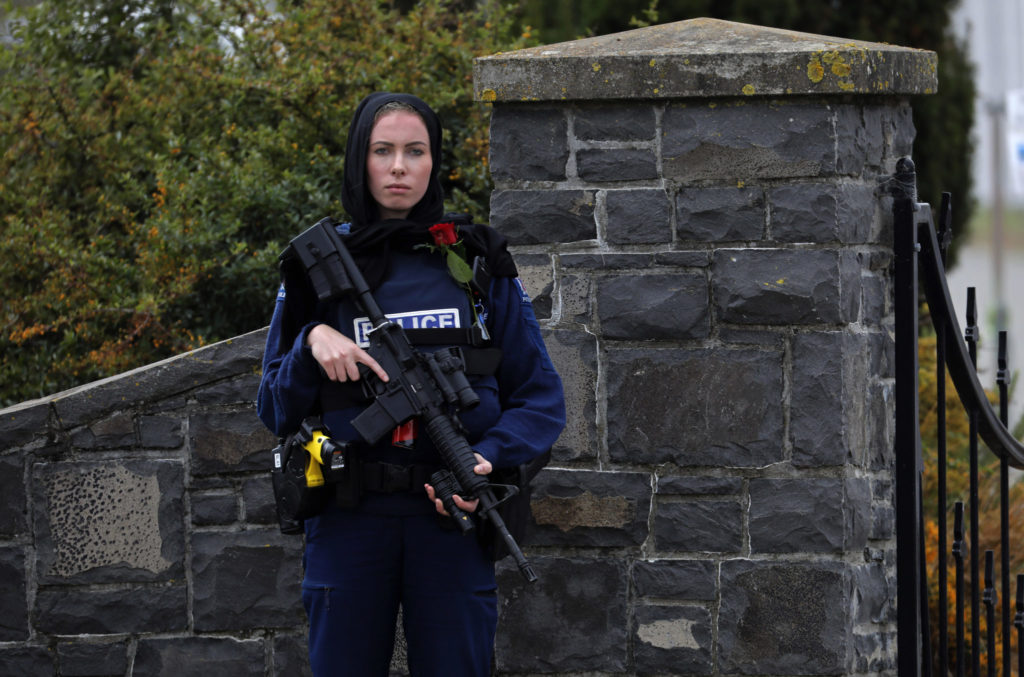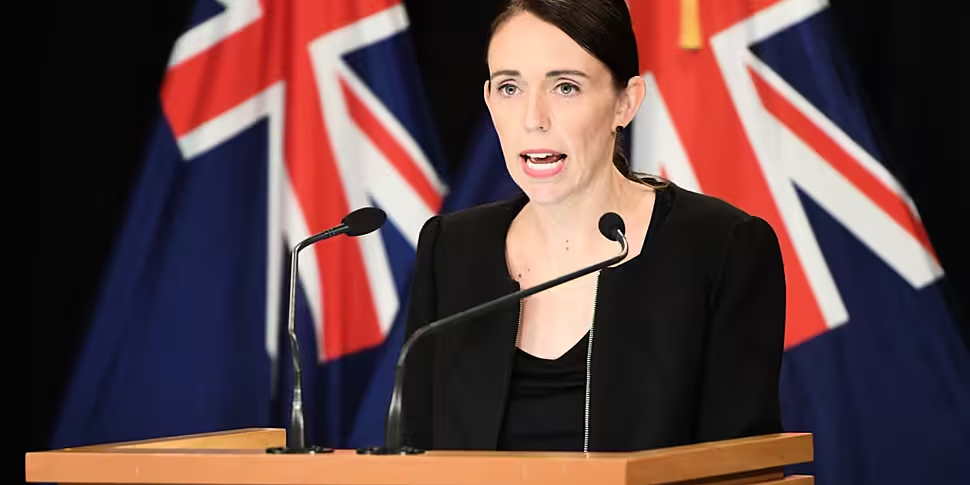Military-style semi-automatic weapons and assault rifles will be banned in New Zealand, the country's prime minister has said.
Jacinda Ardern also announced a ban on high-capacity magazines and parts that can modify a gun to produce semi-automatic or automatic fire.
It comes less than a week after a gunman used such weapons to kill 50 people at two Christchurch mosques.
Ms Ardern said the attack showed the weakness of New Zealand's gun laws.
"I absolutely believe there will be a common view amongst New Zealanders, those who use guns for legitimate purposes and those who have never touched one, that the time for the mass and easy availability of these weapons must end. And today they will," she said.
She said the attacker had mainly used two assault rifles in the massacre, purchased legally and "enhanced using 30-plus-round magazines".
"While the modification of these guns was illegal, it was done easily through a simple online purchase," Ms Ardern said.
The law is expected to be formally in place by April 11th, but a temporary measure has been immediately brought in to stop anyone rushing out to buy the weapons.
It means semi-automatics and assault rifles now require a special police permit to be purchased.
 Mourners carry the body of a victim of the mosque shootings for a burial at the Memorial Park Cemetery in Christchurch, New Zealand | Image: Vincent Thian/AP/Press Association Images
Mourners carry the body of a victim of the mosque shootings for a burial at the Memorial Park Cemetery in Christchurch, New Zealand | Image: Vincent Thian/AP/Press Association ImagesHowever, Ms Ardern warned bluntly there was "no point applying for such a permit" and told gun dealers sales should "essentially now stop".
A buy-back scheme will compensate people who currently own the weapons legally, at a total estimated cost of NZ$100m-$200m (€60.6m-121.2m), a price Ms Ardern said was well worth paying.
Owners are being told to register online so that police can arrange to collect and destroy them.
There is also an amnesty for people who illegally own the banned firearms.
"We just want the guns back," she said.
Penalties for owning the banned guns are also set to be increased from the current three years in jail or maximum NZ$4,000 (€2,424) fine.
New Zealand, with a population of less than five million people, has an estimated 1.2-1.5 million guns.
Around 13,500 are military-style semi-automatic weapons (MSSAs).
Ms Ardern acknowledged that farmers and people in rural areas legitimately own guns for killing pests and putting down injured animals. Two classes of firearms commonly used for this purpose are not covered by the law change.
A group representing thousands of farmers said it supported the change.
"This will not be popular among some of our members but... we believe this is the only practicable solution," said Federated Farmers Rural Security spokesman Miles Anderson.
 A police officer stands guard with a rose at the service for a victim of the mosque shootings for a burial at the Memorial Park Cemetery in Christchurch, New Zealand | Image: Vincent Yu/AP/Press Association Images
A police officer stands guard with a rose at the service for a victim of the mosque shootings for a burial at the Memorial Park Cemetery in Christchurch, New Zealand | Image: Vincent Yu/AP/Press Association ImagesNearly a week on from the terror attack, police said on Thursday that all the victims' bodies had now been formally identified and were ready to be handed over to families.
The first two funerals - of a father and son from Syria - were held on Wednesday and there were at least six more services on Thursday.
They included: Ahmad Milne (14) described as an outgoing boy and Cashmere High School's futsal goalkeeper.
Tariq Rashid Omar (24) who coached several youth football teams, was also buried; as was Linda Armstrong (64) who converted to Islam in her 50s.
Twenty-nine people wounded in the attacks remain in hospital, eight of them in intensive care.









